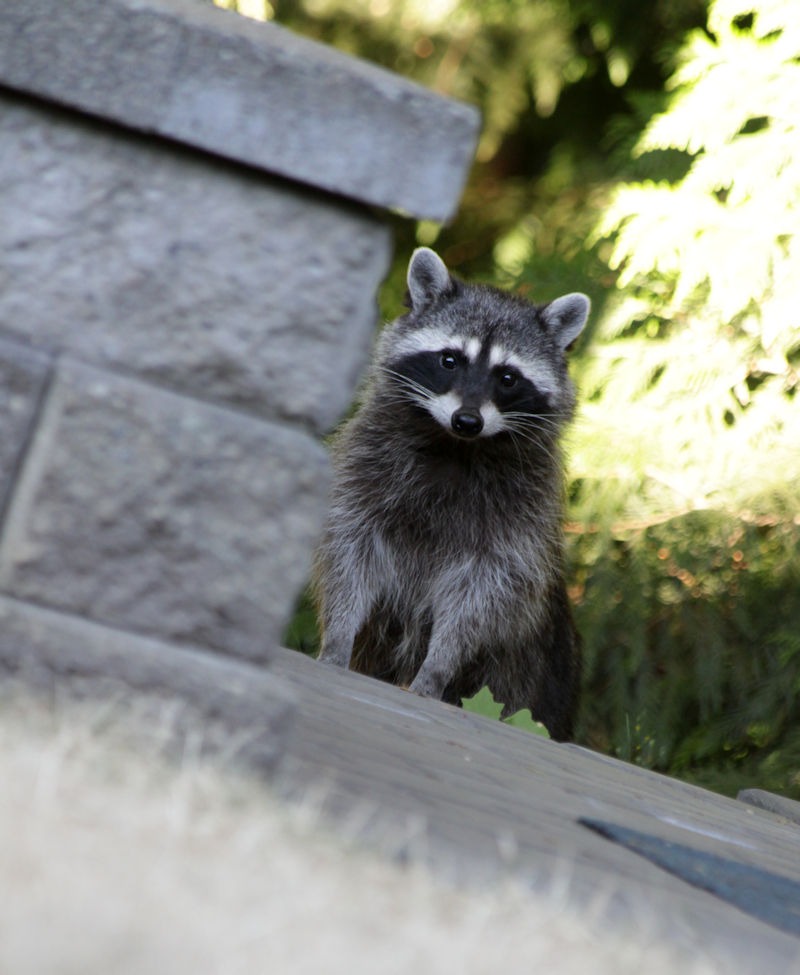In the intricate dance between nature and urban landscapes, raccoons have emerged as both fascinating and formidable creatures. As a leading wildlife removal company, it’s imperative to delve into the question: Do raccoons provide benefits to the environment, or are they merely urban intruders causing havoc?
Unmasking the Raccoon Persona
Before we explore their environmental impact, let’s take a closer look at the raccoon. Procyon lotor, commonly known as the raccoon, is a highly adaptable mammal native to North America. Known for their distinctive black mask and ringed tail, raccoons have seamlessly integrated into urban environments, cohabitating with humans in cities and suburbs.
Adaptability and Urbanization
Raccoons possess an exceptional ability to adapt to various environments, making them adept at surviving in urban landscapes. According to studies by the [National Geographic Society](https://www.nationalgeographic.org/encyclopedia/raccoon/), their intelligence and resourcefulness enable them to thrive amidst human activity.
The Good: Raccoons as Environmental Stewards
Pest Control
One of the often-overlooked benefits of raccoons lies in their role as natural pest controllers. Raccoons have a voracious appetite for insects, rodents, and even garden pests. Their diet includes beetles, grubs, and small rodents that can wreak havoc on crops and gardens. By preying on these pests, raccoons inadvertently contribute to ecological balance and agricultural health.
Seed Dispersion
Raccoons are opportunistic feeders, and their foraging habits inadvertently aid in seed dispersion. As they travel through various landscapes, raccoons inadvertently transport seeds, playing a role in the regeneration of plant life. A study published in the [Journal of Mammalogy](https://academic.oup.com/jmammal/article/91/2/464/875790) highlights the ecological importance of raccoons as seed dispersers.
The Bad: Raccoons as Urban Intruders
Property Damage
While raccoons may offer ecological benefits, their presence in urban areas can lead to significant property damage. Their nimble fingers and inquisitive nature make them adept at opening trash cans, raiding gardens, and even entering homes. The resulting property damage can be costly and frustrating for homeowners.
Disease Transmission
Raccoons are potential carriers of zoonotic diseases such as rabies and roundworm. The [Centers for Disease Control and Prevention (CDC)](https://www.cdc.gov/parasites/baylisascaris/index.html) provides information on the risks associated with raccoon-transmitted diseases. It is crucial for homeowners to be aware of these risks and take necessary precautions when dealing with raccoons.
Striking a Balance: Coexistence and Mitigation
As a wildlife removal company, our mission is to strike a delicate balance between preserving the environment and addressing the challenges posed by raccoons in urban settings.
Responsible Removal Practices
When raccoons encroach on human habitats, responsible removal practices are essential. Utilizing humane traps and relocation methods ensures the safety of both raccoons and residents. The [Humane Society of the United States](https://www.humanesociety.org/resources/raccoons-faq) provides guidelines on humane raccoon removal methods.
Preventive Measures
Proactive measures can be implemented to minimize raccoon-human conflicts. Securing trash cans, repairing potential entry points to homes, and removing attractants from yards are effective ways to deter raccoons. The [University of California Statewide Integrated Pest Management Program](https://ucanr.edu/sites/Alameda/files/305148.pdf) offers comprehensive guidance on raccoon prevention.
Navigating the Urban Wild
In conclusion, raccoons bring a nuanced dynamic to the urban wilderness. While their presence can yield ecological benefits such as pest control and seed dispersion, it is vital to acknowledge the challenges they pose, from property damage to disease transmission.
As a responsible wildlife removal company, our commitment is to educate our clientele about the delicate balance required for harmonious coexistence. By understanding the multifaceted role of raccoons in the environment and employing ethical removal and prevention strategies, we can foster a sustainable relationship between humans and these urban intruders.

